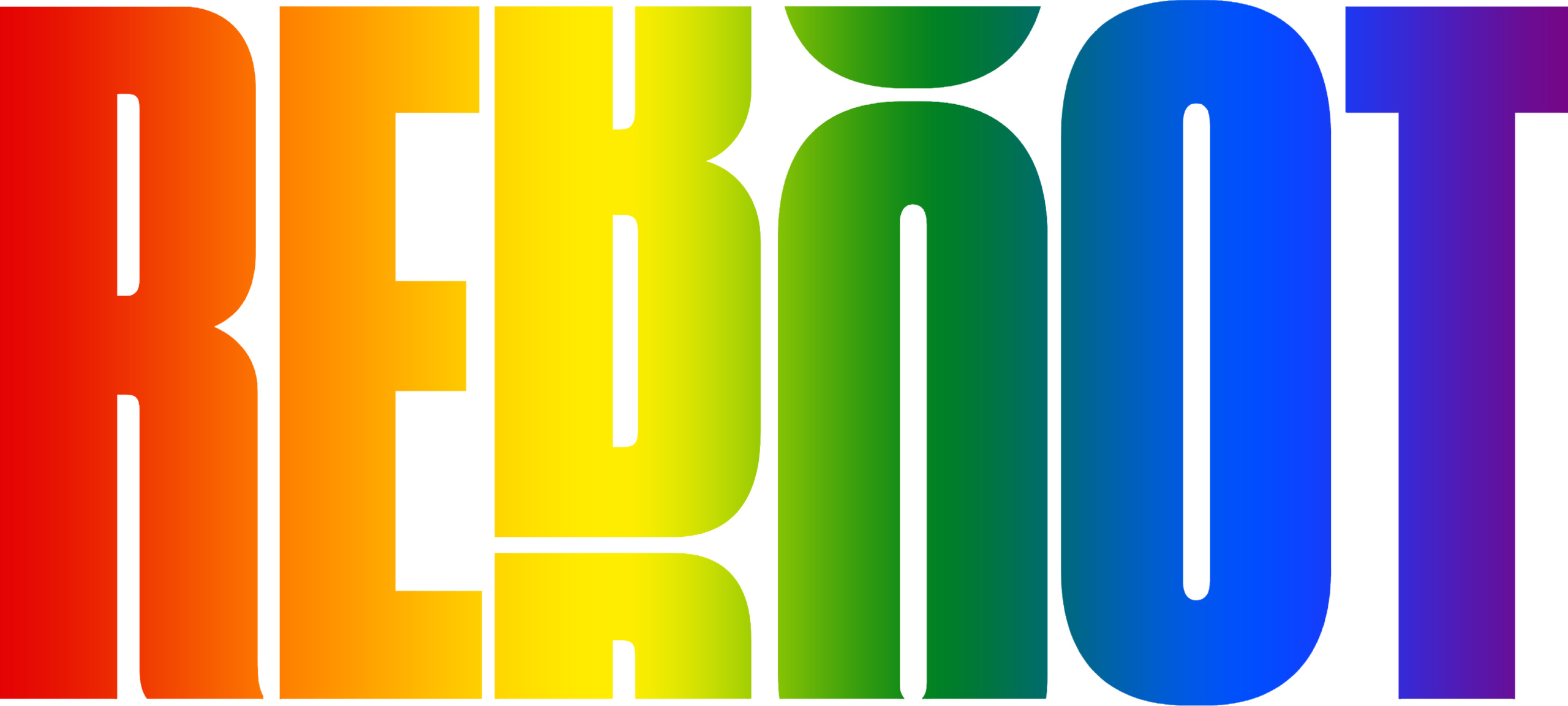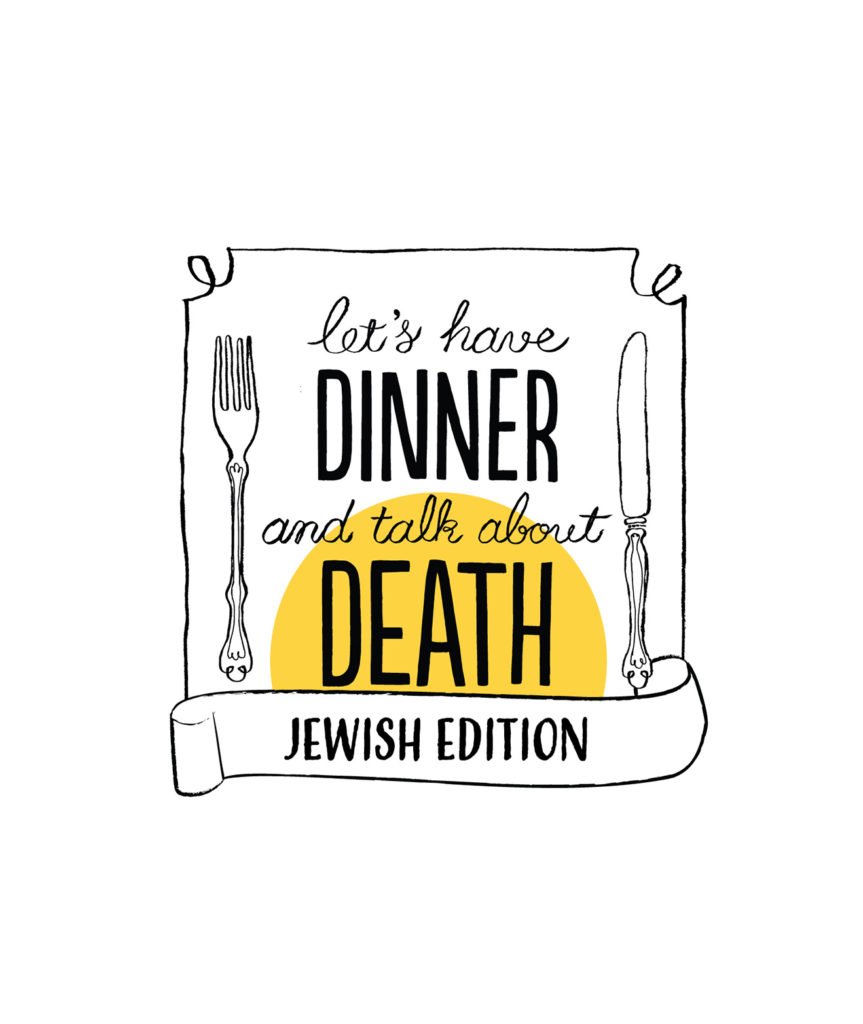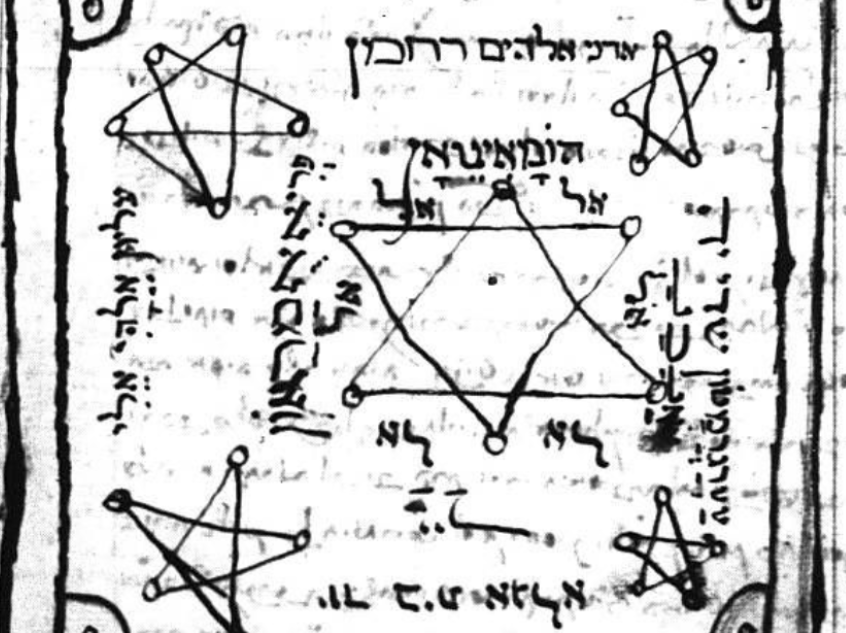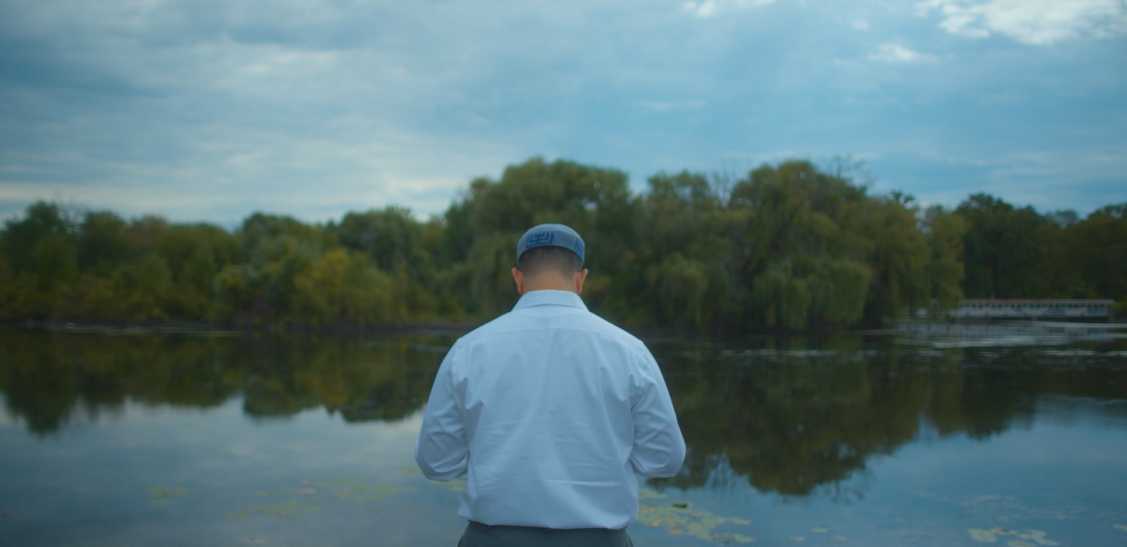Before We Go
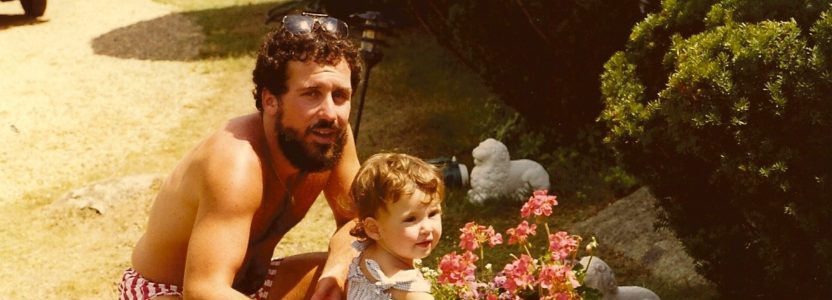
Reboot Network member, Dr. Shoshana Ungerleider is a practicing internist in the San Francisco Bay Area. Her new narrative podcast, Before We Go, a heartfelt (and often hilarious) journey through life’s greatest challenges—love, loss, family, and the reality of facing mortality is available now wherever you listen to podcasts. Here she shares how the Jewish view of death and the rituals of generations helped her grieve.
I’ll never forget the evening my father called a family meeting. It wasn’t out of the ordinary, given his background as a psychologist and film producer—family meetings were almost a ritual in our house. But this one had a different weight to it. He told us that my grandmother, Grandma Joy, had been diagnosed with pancreatic cancer. I was 13, and while I knew cancer was serious, I didn’t fully grasp what it meant. Grandma Joy was the first person close to me who became seriously ill, and it was hard to reconcile the vibrant, adventurous woman I knew with the idea that she was sick.
My Grandma Joy was a force. She was a scholar, an author, and the director of the Jewish Museum in Manhattan at one point. She split her time between New York and Israel, but we saw her often, spending warm summer nights on her screened porch on Martha’s Vineyard. She was the kind of woman who played tennis daily, swam every morning, and loved her classical music. And she had her quirks—like flying across the country with a flourless chocolate cake in her carry-on for Passover, because apparently, it had to be her cake. That was Grandma Joy—always a little extra, in the best way possible.
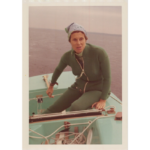 When my father told us that night that it might be our last chance to see her, I chose not to go. I feared that seeing her frail and sick would overwrite the vivid memories of her as strong and full of life. It’s a choice I regret deeply. My sister, however, went to visit. She even recited her Bat Mitzvah portion to Grandma Joy while sitting by her bedside. My sister chose to honor our grandmother’s life by sharing a piece of her own spiritual journey, connecting generations through ritual and tradition.
When my father told us that night that it might be our last chance to see her, I chose not to go. I feared that seeing her frail and sick would overwrite the vivid memories of her as strong and full of life. It’s a choice I regret deeply. My sister, however, went to visit. She even recited her Bat Mitzvah portion to Grandma Joy while sitting by her bedside. My sister chose to honor our grandmother’s life by sharing a piece of her own spiritual journey, connecting generations through ritual and tradition.
In 2022, when my father was diagnosed with pancreatic cancer, it felt as though history was repeating itself. He had already seen cancer claim his father, his mother, and his brother. His diagnosis wasn’t just about his own illness—it was a confrontation with a legacy, a family history that felt inescapable. For my family, that legacy was the burden of a BRCA mutation, affecting 1 in 40 Ashkenazi Jews and increasing the likelihood of cancers like pancreatic, breast, prostate and ovarian. When my sister and I learned we both carried it, the weight of our family’s story felt even heavier.
My father, always independent and stubborn, approached his illness with a determination that made it difficult for me to help. I wanted to use my medical knowledge to guide his care, but there was always tension between my role as his daughter and my role as a physician. In his final days, we clung to hope, opting for treatments that promised more time, even at the cost of comfort. Looking back, I see the irony: despite my expertise in palliative care and end-of-life care, my knowledge couldn’t alter his narrative. My father was resolute, determined to script his own ending, just as he had lived his life.
Since his passing, I’ve come to realize that the Jewish view of death offers profound wisdom. It acknowledges both the pain and the beauty in the end of life, reminding us that we aren’t meant to avoid the inevitable but to face it with courage, community, and faith. Jewish ritual provides a framework for this journey. And, the concept of tikkun olam—repairing the world—extends to how we approach death as well, recognizing that part of repairing the world is accepting that death, too, is part of its fabric.
There is no universally “perfect” death, just as there is no perfect life. My father’s death reshaped my perspective. As a physician, it was humbling; as a daughter, it was heartbreaking. I’ve learned that the most important thing we can offer someone at the end of life is grace—both to them and to ourselves. Even with the best intentions, we can’t control every twist in the journey.
As I continue to navigate my own grief, I hold onto the Jewish values that have been passed down through the generations. Memory is not only a blessing but a responsibility—a call to live with intention, to honor those who have come before us by carrying their stories forward. I’ve learned that grief and joy are not opposites, but rather partners in the intricate dance of life. Together, they remind us of the fragility and beauty in every moment, urging us to embrace both fully.
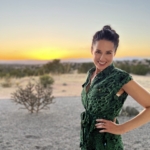 Reboot Network member, Dr. Shoshana Ungerleider is a practicing internist in the San Francisco Bay Area. Her new narrative podcast, Before We Go, a heartfelt (and often hilarious) journey through life’s greatest challenges—love, loss, family, and the reality of facing mortality is available now wherever you listen to podcasts. She is also host and producer of TED Health and founder of the End Well Foundation, a nonprofit dedicated to integrating end-of-life care into everyday life. She is also a prominent healthcare voice featured on CNN, MSNBC, and CBS News, with bylines in outlets like TIME, USA Today, and Scientific American. She executive produced the Oscar-nominated End Game and funded Extremis. Her latest film, Robin’s Wish, chronicles the final years of Robin Williams.
Reboot Network member, Dr. Shoshana Ungerleider is a practicing internist in the San Francisco Bay Area. Her new narrative podcast, Before We Go, a heartfelt (and often hilarious) journey through life’s greatest challenges—love, loss, family, and the reality of facing mortality is available now wherever you listen to podcasts. She is also host and producer of TED Health and founder of the End Well Foundation, a nonprofit dedicated to integrating end-of-life care into everyday life. She is also a prominent healthcare voice featured on CNN, MSNBC, and CBS News, with bylines in outlets like TIME, USA Today, and Scientific American. She executive produced the Oscar-nominated End Game and funded Extremis. Her latest film, Robin’s Wish, chronicles the final years of Robin Williams.
